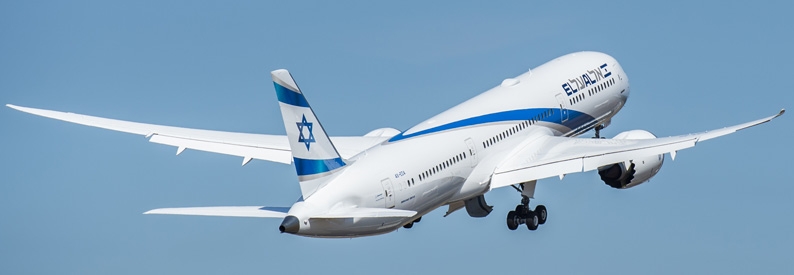Morocco, Israel impose two week travel bans over Omicron

Morocco has closed its airports for all incoming flights and Israel has closed its borders for all foreign nationals for two weeks to prevent the spread of the new Omicron COVID-19 variant.
All flights to Morocco were suspended from midnight on Monday, November 29 to December 13, 2021, according to a Tweet by the Ministry of Foreign Affairs. A NOTAM from the Moroccan civil aviation authority (Direction Générale de l’aviation Civile Maroc – DGAC) confirmed that all flights to or from Morocco were suspended except over-flights, technical stops, cargo flights, or repatriation flights from Morocco, with authorisation from authorities. Exceptional authorisation for the repatriation flights from Morocco must be obtained from the DGAC via the Ministry of Foreign Affairs. These flights must be carried out with shortened stopovers and the crew must remain on board.
This came after Morocco on November 26 already had banned access to all arrivals from Southern Africa following the UK’s decision to place five Southern African countries on its controversial “red list” of countries from where travel is restricted. It had also already decided to suspend air links with France from November 28.
This followed hot on the heels of Israel barring the entry of all foreign nationals for two weeks from midnight on November 28, 2021, the Prime Minister’s office announced. Holders of foreign passports would only be permitted entry in exceptional cases after approval by a special committee.
Royal Air Maroc (AT, Casablanca Int’l) cancelled all its international flights to and from Morocco on November 29 until December 13, the airline announced. The carrier said it would offer passengers a free change of booking or a voucher refund. Air Arabia Maroc (3O, Casablanca Int’l) on Twitter announced it was also suspending its flights for two weeks to the North African country. Similarly, Air France (AF, Paris CDG) cancelled all its flights to Morocco until December 5, but also announced it would operate special flights to Marrakech, Rabat, and Casablanca Int’l on November 30 with special permission from the Moroccan authorities.
According to the ch-aviation capacities module, other airlines with significant market share in the Moroccan market which are affected by the two-week suspension include Saudia, Emirates, Turkish Airlines, Qatar Airways, TUI fly (Belgium), Air Sénégal, and EgyptAir.
Meanwhile, El Al Israel Airlines (LY, Tel Aviv Ben Gurion) announced it is operating three special flights from Marrakech to Tel Aviv Ben Gurion on November 30 and December 1, 2021.
The Israeli national carrier also announced the entry ban of foreign passport holders into Israel, but continued to operate flights on November 30.
The news of the Israeli ban came at the start of celebrations for the Chanukah holiday which will remain unchanged under “Green Pass” rules applicable to gatherings with more than 50 people, the government said.
However, stricter quarantine and tracking rules have been imposed for Israelis. This includes mobile phone monitoring by the Israeli internal security service – Shin Bet – to track verified cases of the new Omicron strain.
Israelis who are either vaccinated or recovered will have to undergo PCR tests upon arrival in Israel, after which they have to quarantine at home. If testing is negative after three days, they may exit quarantine.
Non-vaccinated Israelis will also undergo a PCR test upon landing in Israel, after which they must home quarantine for seven days quarantine, from which they may be released if testing negative after a second test.
Israelis who return from red list countries must quarantine in a designated hotel until results are received. Even with a negative result, they will have to quarantine for a further seven days at home and may only exit quarantine if the second test proves to be negative.
